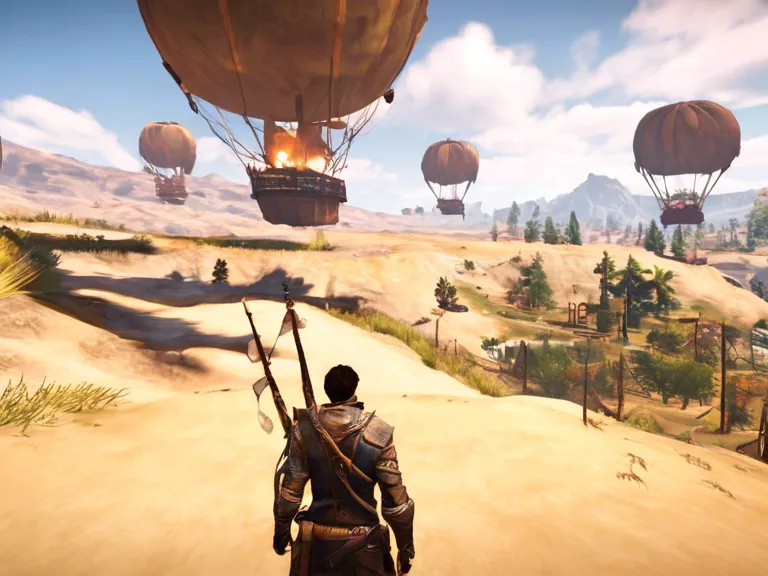
The Impact of AI on the Future of Game Development and Design
Artificial Intelligence (AI) has been making waves in various industries, revolutionizing the way tasks are performed and enhancing efficiency. In the world of game development and design, AI is starting to play a significant role in shaping the future of the industry.
One of the most notable impacts of AI on game development is in procedural content generation. AI algorithms can now create vast and complex game worlds in a fraction of the time it would take a team of human developers. This not only speeds up the development process but also allows for more dynamic and immersive game environments.
AI is also being used to improve player experiences by creating more intelligent and adaptive non-player characters (NPCs). These NPCs can learn from player interactions and adjust their behavior accordingly, providing a more engaging and challenging gaming experience. Additionally, AI can help in creating more realistic and lifelike animations, making characters and environments in games more believable.
Another area where AI is making a significant impact is in game testing and quality assurance. AI algorithms can quickly identify bugs and issues in games, allowing developers to address them before release. This helps in improving the overall quality of games and reducing development costs.
AI is also revolutionizing the way games are monetized and marketed. By analyzing player data and behavior, AI can personalize in-game experiences, offers, and advertisements, leading to higher player engagement and retention. This targeted approach can also help in increasing revenue for game developers.
In conclusion, AI is set to have a profound impact on the future of game development and design. From procedural content generation to player personalization, AI is enabling developers to create more immersive, engaging, and profitable games. As technology continues to advance, the role of AI in game development will only continue to grow.



